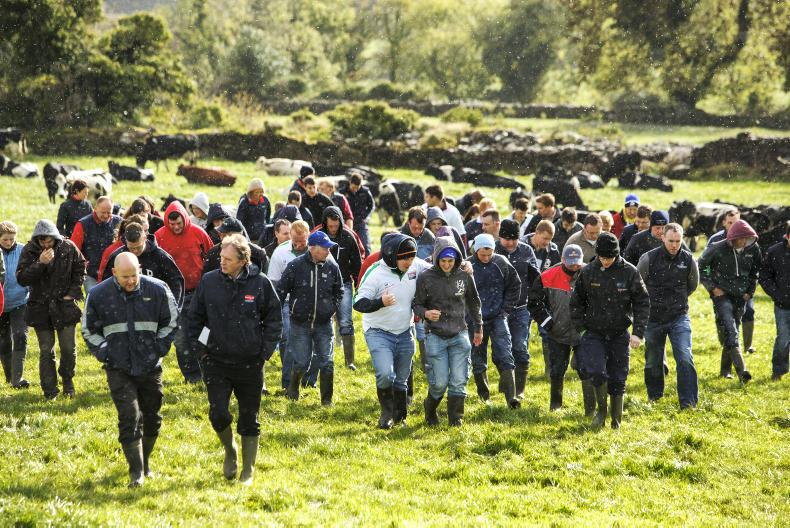IFA deputy president Richard Kennedy told the Joint Oireachtas Committee on Education that the farm organisation is against any attempt to introduce asset testing for third-level grants. The committee met on Thursday to discuss the report on future funding for higher education, better known as the Cassell’s report.
It recommends that: “Increases in funding for higher-education institutions must be matched by improvements in the student support system. This should include an increase in the value of payments, particularly for the lowest income groups, the introduction of a capital assets test and an extension of supports to part-time and postgraduate students.”
Kennedy said that the IFA is opposed to any attempt to include productive assets, such as farmland, in the means assessment for third-level grants.
“Productive assets are required by farm and other small businesses to generate income, and are not a measure of additional ability to pay,” he said. “As you may be aware, the existing method of assessment of self-employed income for the maintenance grant disallows a number of expenses that are included in income tax computation. These disallowances, which impact on farm families in the means assessment, include capital allowances, lease payments, stock relief and interest on borrowing for capital purposes.”
Kennedy told the committee that approximately 40% of students from farm families receive a maintenance grant, when compared with 33% of the general student population, according to the Higher Education Authority responses to Equal Access Survey 2007-2011.
“This simply reflects the fact that average incomes in farming are low, at approximately €26,000,” Kennedy said.
Combination of contributors
“We believe that the proposal in the report for higher education to be funded by a combination of contributors – the State, employers and students themselves – has merit. However, we believe strongly that any contribution from a student must not be burdensome. Any change to the funding regime in the future must not prove a barrier to participation for students from lower income groups.”
Kennedy added that the imposition of student charges must not lead to a situation whereby students are “incentivised to pursue a course that is deemed to lead to a ‘high earning’ career, or conversely, to not pursue a course where the lifetime career earnings may be modest, such as farming”.





SHARING OPTIONS